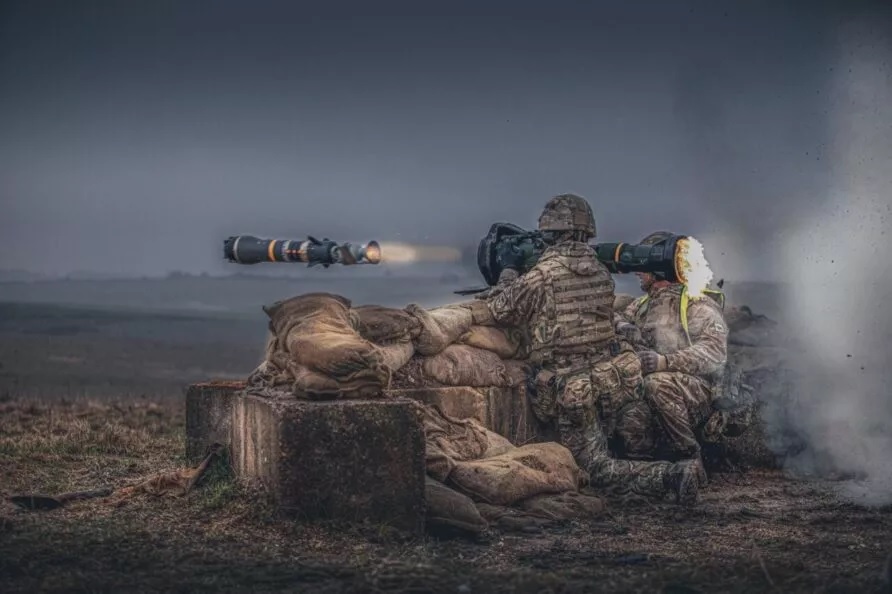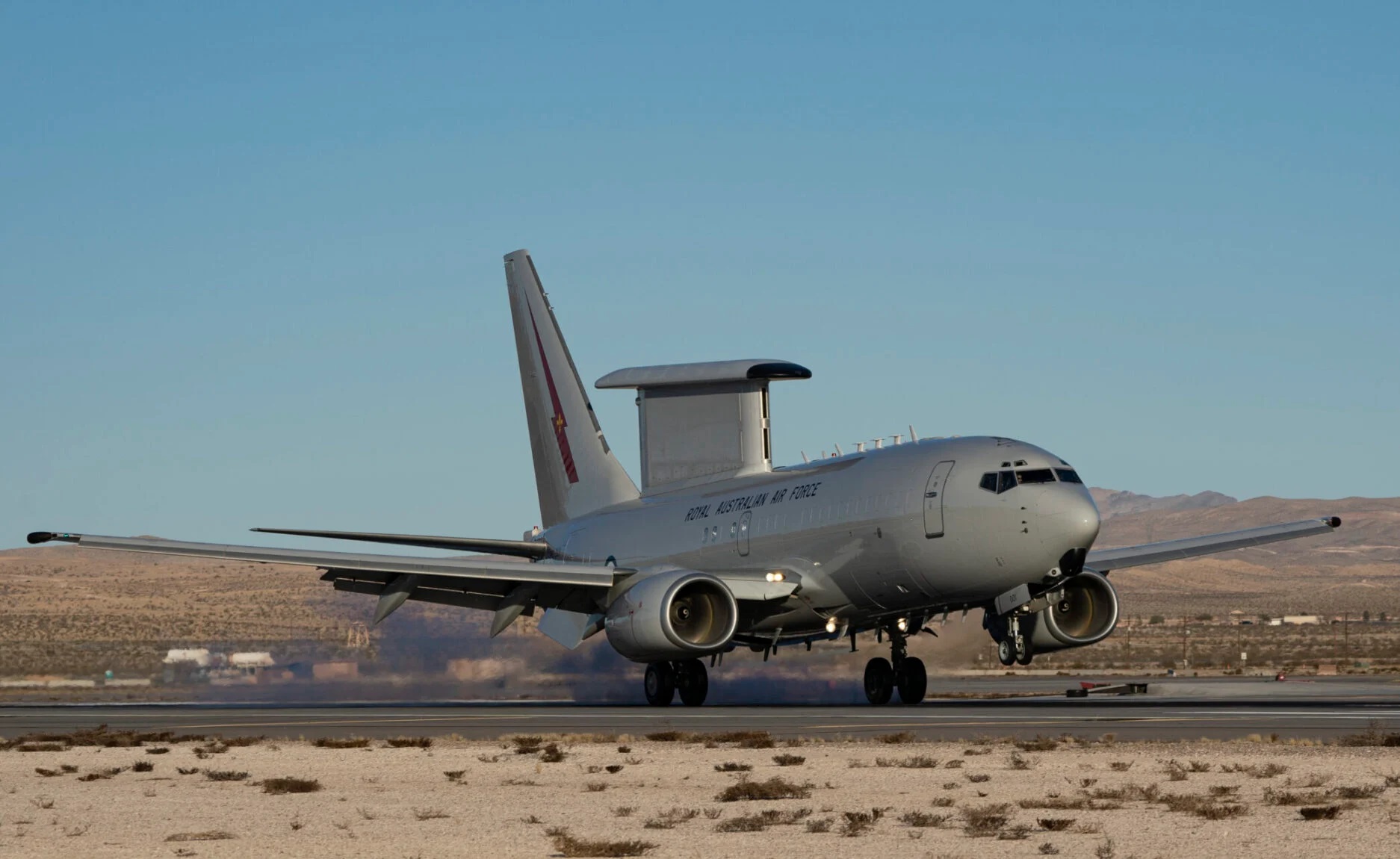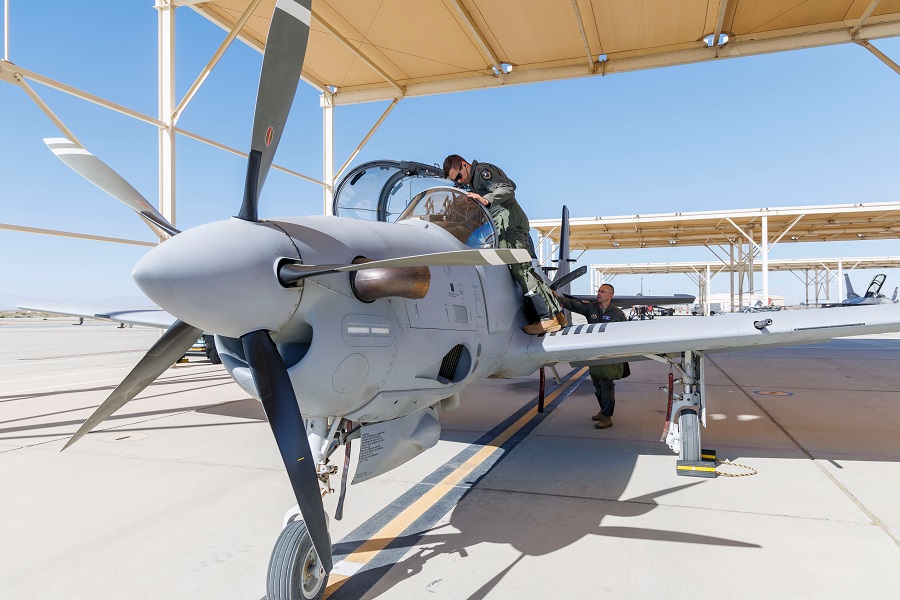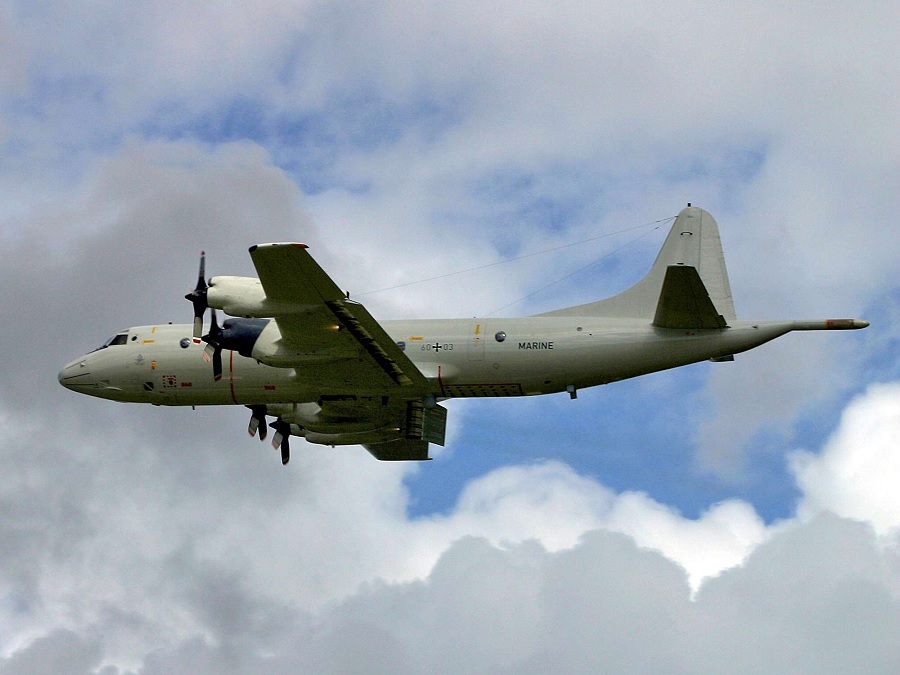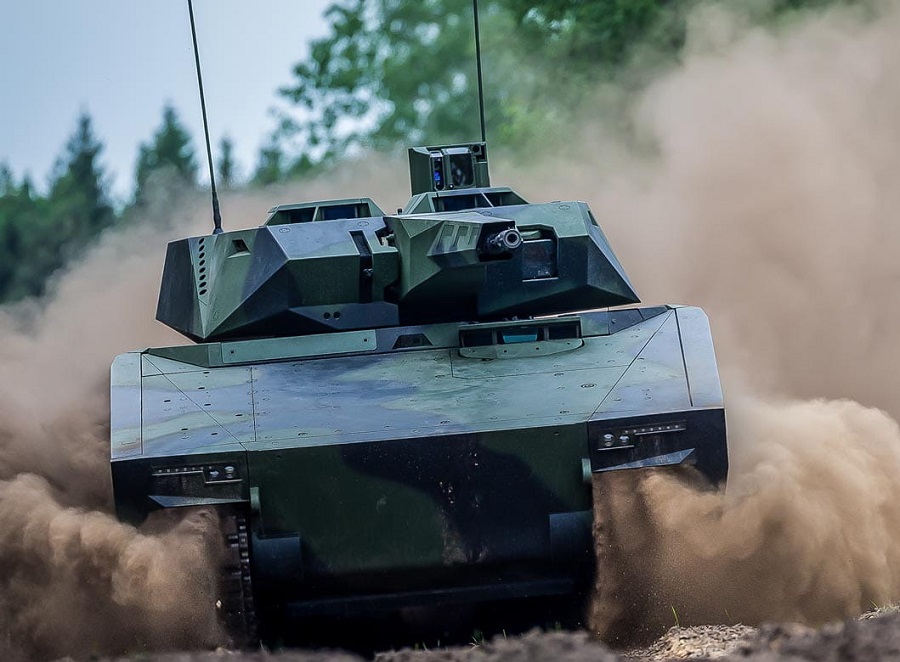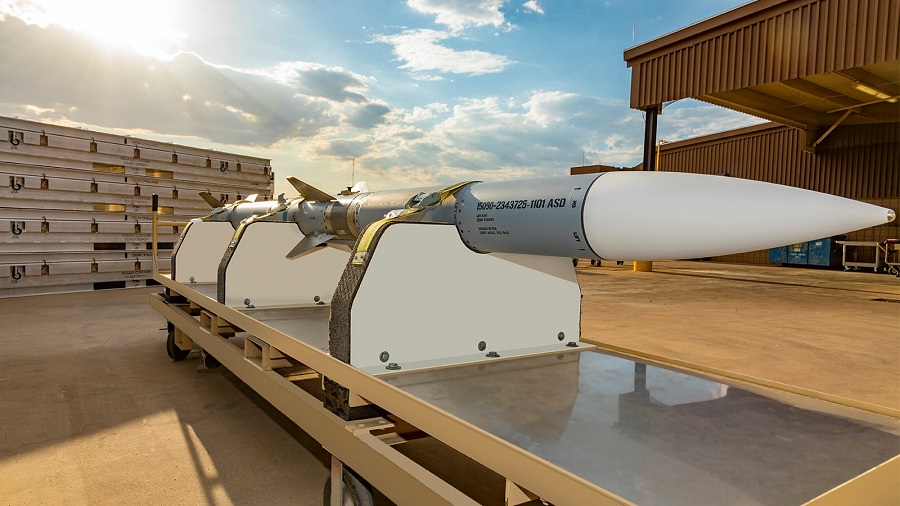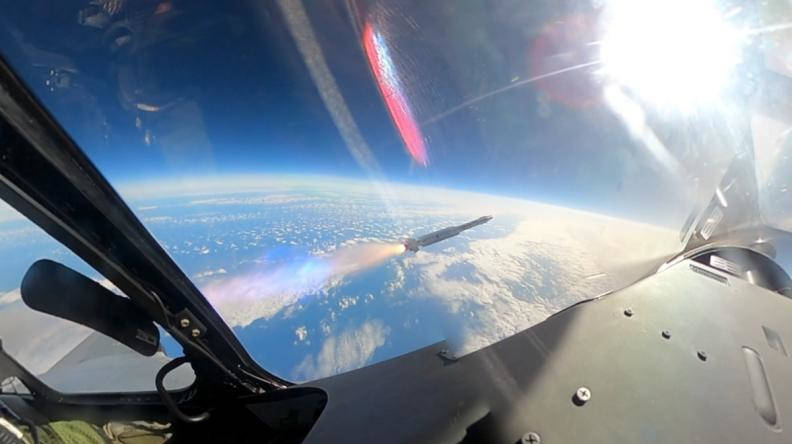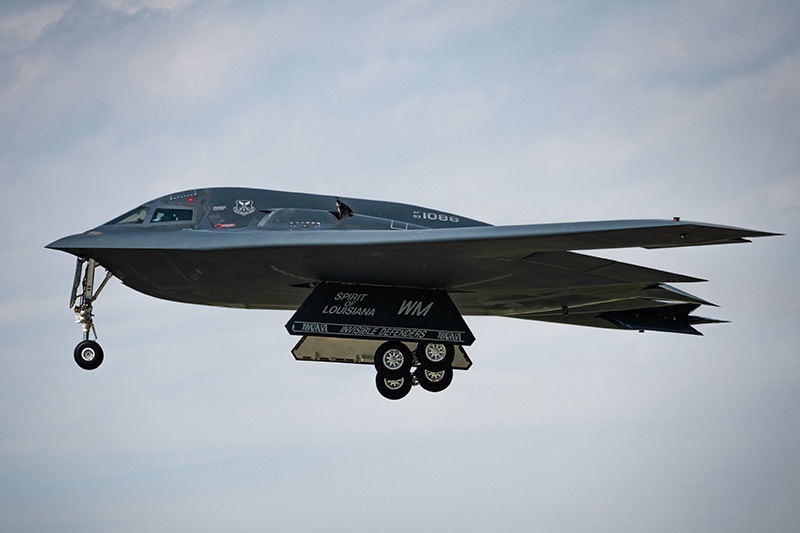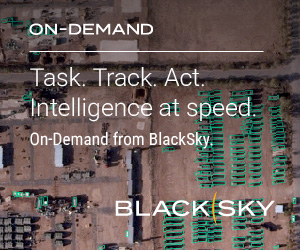The Gen 3 RFI system will provide significant capability enhancements that are enabled by advanced microelectronics. This development effort is the next step in Lockheed Martin’s 30+ year history of successfully developing and producing the Gen 1 RFI and Gen 2 RFI systems for Apache.
The Gen 3 RFI system will build on technology developed as a result of Lockheed Martin’s ongoing collaboration with Intel, Altera, an Intel Company, Booz Allen Hamilton, and the Office of the Under Secretary of Defense for Research and Engineering (OUSD R&E) under the Trusted and Assured Microelectronics (T&AM) program’s Stimulating Transition for Advanced Microelectronics Packaging (STAMP) and State-of-the-Art Heterogeneous Integration Packaging (SHIP) projects.
Through the SHIP project, Intel’s Altera developed a Multi-Chip Package (MCP-2) that can be tailored to different functions to modernize mission-critical Department of Defense (DoD) systems. Through STAMP, Lockheed Martin and Altera optimized architectures that leveraged the MCP-2 microchip for electronic warfare applications, accelerating the transition of capabilities to the warfighter.
Lockheed Martin has used its 50 years of electronic warfare expertise, coupled with investments in state-of-the-art microelectronics and modern software capabilities, to architect the Gen 3 RFI system and provide optimized advanced capabilities.
In collaboration with the Apache Program Office, Lockheed Martin will be able provide a significantly improved sensor performance in a smaller, lighter package providing the ability to add additional functionality into the Gen 3 for the Apache. Through this upgrade, Lockheed Martin will complete the development, build, and qualification of the Gen 3 RFI system, with the long-term plan to replace all currently fielded Gen 2 systems and integrate the Gen 3 system on all Apache aircraft.
A key enabler for this effort is the use of the MCP-2 microchip, which is the catalyst for the full-system technology upgrade, making it smaller, lighter, and more powerful than the legacy Gen 2 system.
Significantly, this is also the first time that Radio Frequency System on a Chip (RFSOC) is being used in the APR-48B electronic warfare system, demonstrating Lockheed Martin’s commitment to furthering electronic warfare microchip capabilities and advancements.







